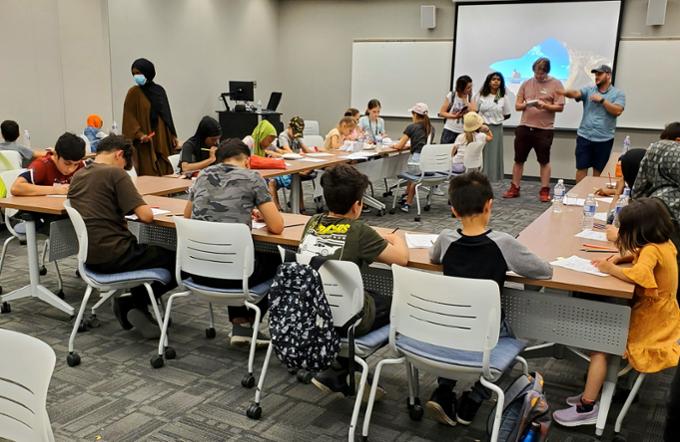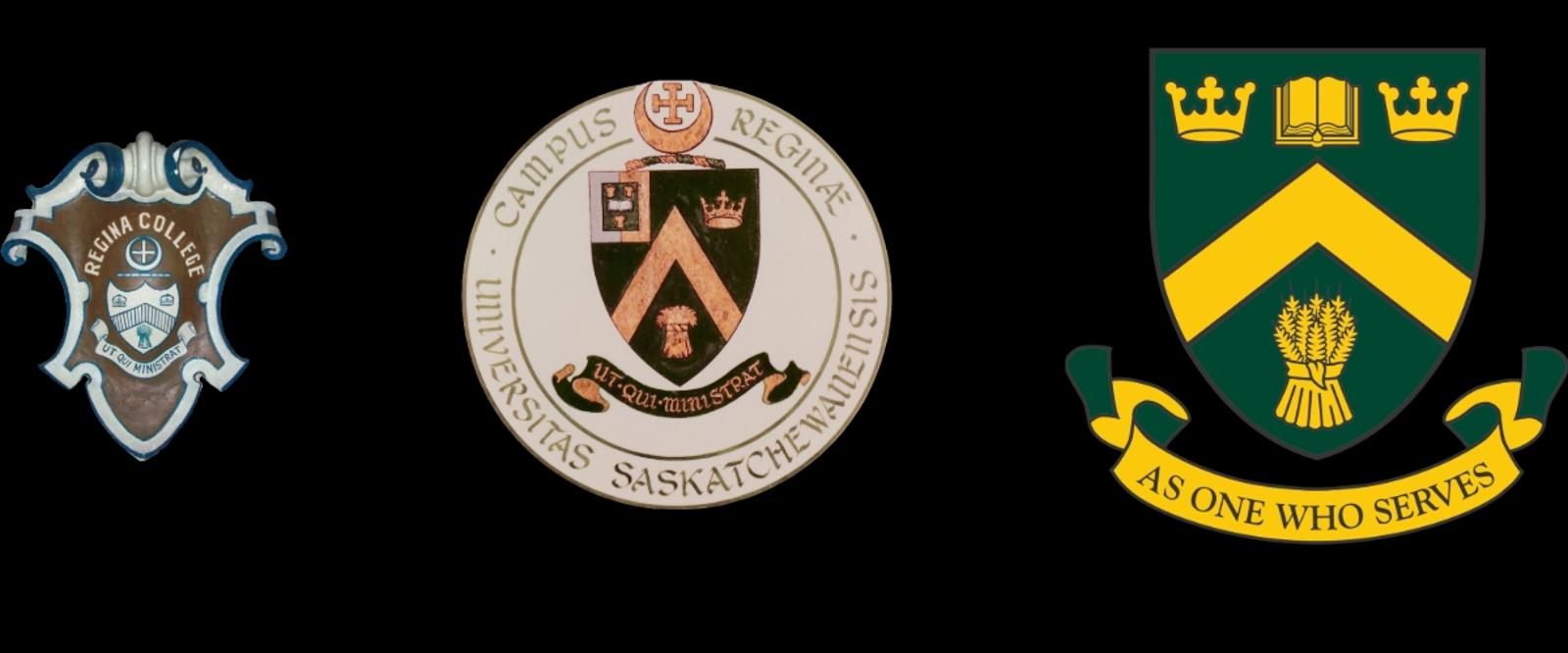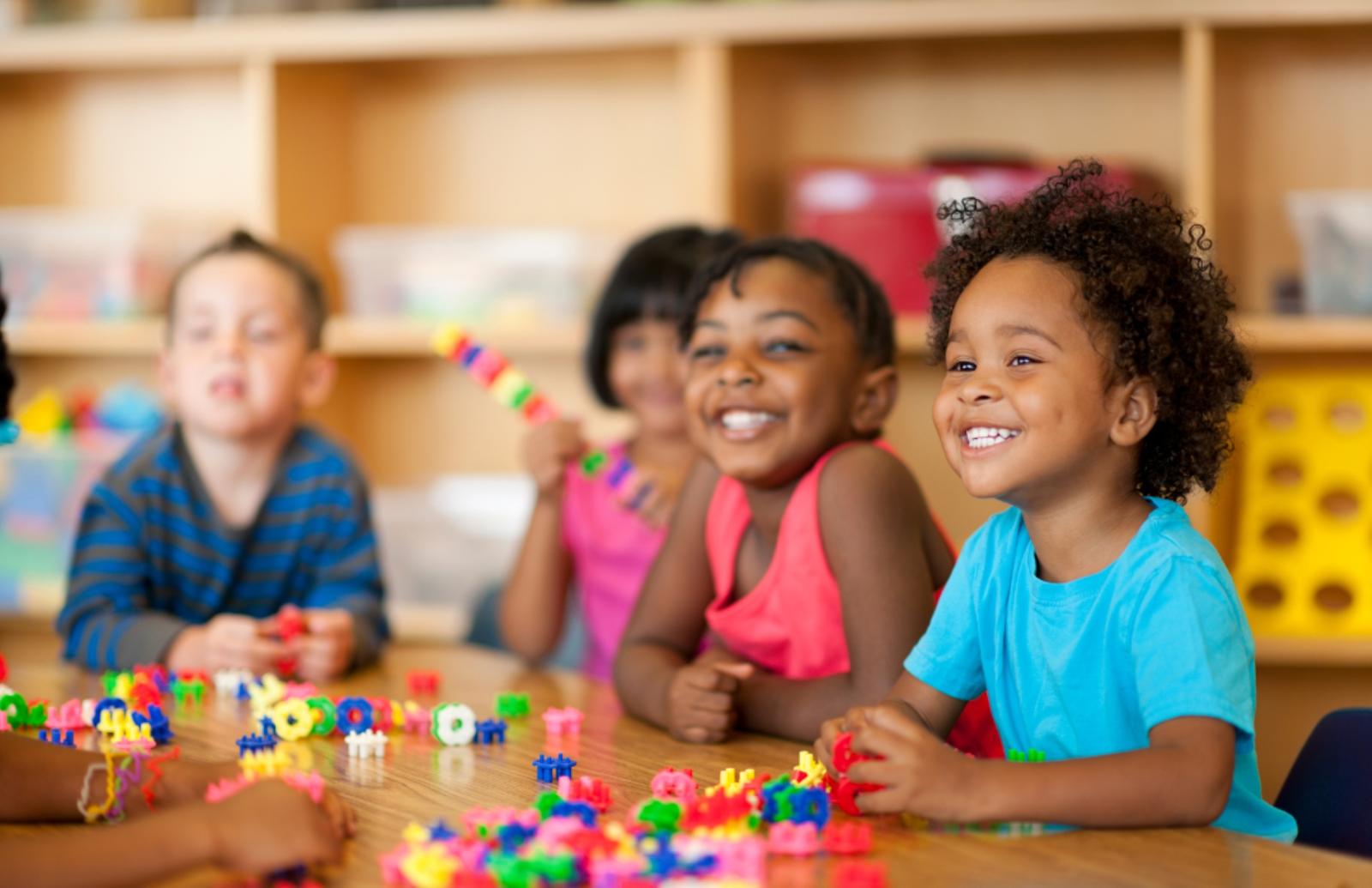After a two year pause due to COVID-19, the Faculty of Social Work is once again offering Prairie Beginnings: Newcomer Settlement Program for Children and Families.
The summer program for children, aged six to 12, of recently arrived refugee families to Regina, runs each Saturday until August 27, 2022. The program provides a safe, welcoming place for the children and includes a variety of fun activities and planned outings to introduce them to their new lives in Regina and Saskatchewan.
Dr. Miguel Sanchez, Associate Professor in the Faculty of Social Work, says the program was originally developed as a result of the Syrian refugee crisis in 2015, which saw 25,000 Syrian refugees resettling in Canada between November 2015 and February 2016.
“Members of the Faculty of Social Work, like all Canadians, were appalled and horrified by the civil war occurring in Syria and we wanted to express our solidarity with the these people who were being displaced through no fault of their own,” said Sanchez. “The idea to provide a summer program to help new refugee children and families adjust to their lives in Regina, support their mental wellness, and mitigate their traumatic experiences, was raised and developed, and in the summer of 2016 we offered the initial program.”
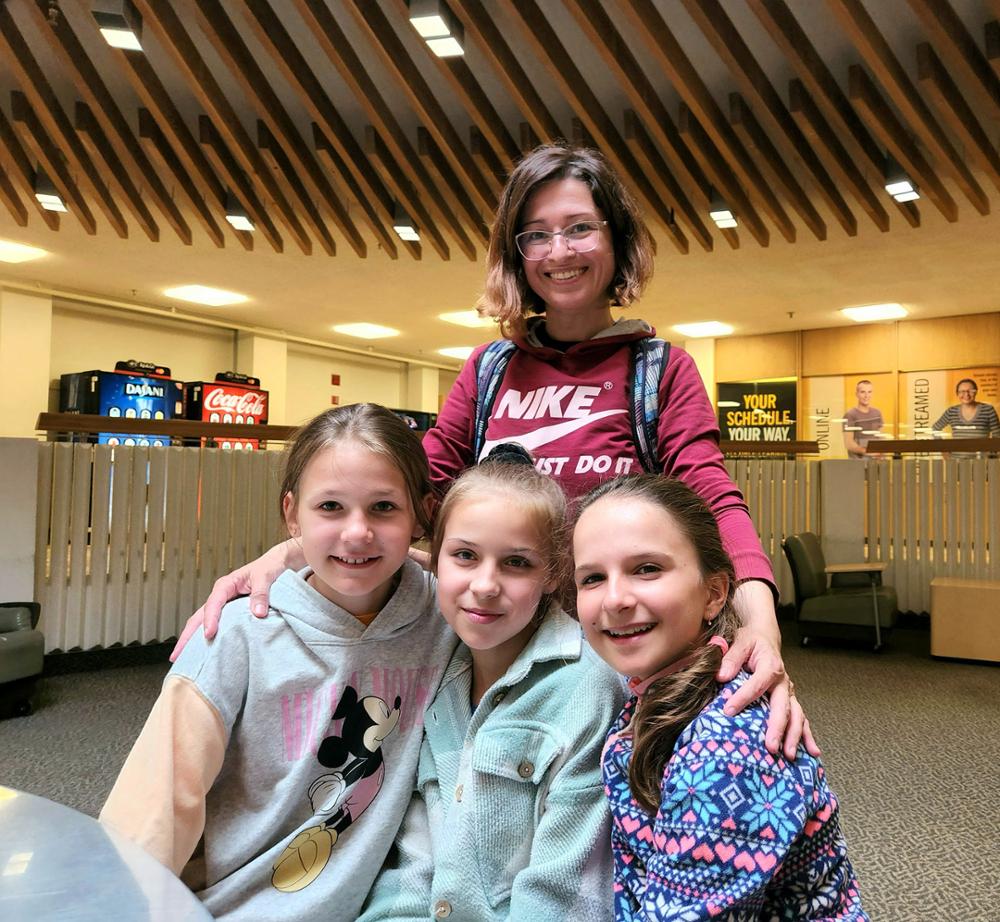
Now in its fifth year of operation, this year’s summer camp is serving approximately 40 children, primarily from Afghanistan and Ukraine, but also from countries in Africa, Asia and the Middle East. Through planned activities and a variety of excursions, such as to a local farm, the Royal Saskatchewan Museum and the Queen City Ex, the children have the opportunity to learn more about their new home and to practice their English and other social skills.
“Even how far away I am, I still miss my country, I had my friends, my family, and my home there, so I miss it, I miss my home,” says Dina, who is from Syria and has only been in Regina for a few weeks. At the same time she says she likes Regina and loves the Prairie Beginnings program, “I love coming here. I love it so much that I wait for Saturdays from week to week to meet you guys, meet new friends and to do activities.”
In previous years Social Work students provided the hands-on programming as a practicum experience under the supervision of Social Work faculty; however, this year students from a variety of different faculties are offering the programming.
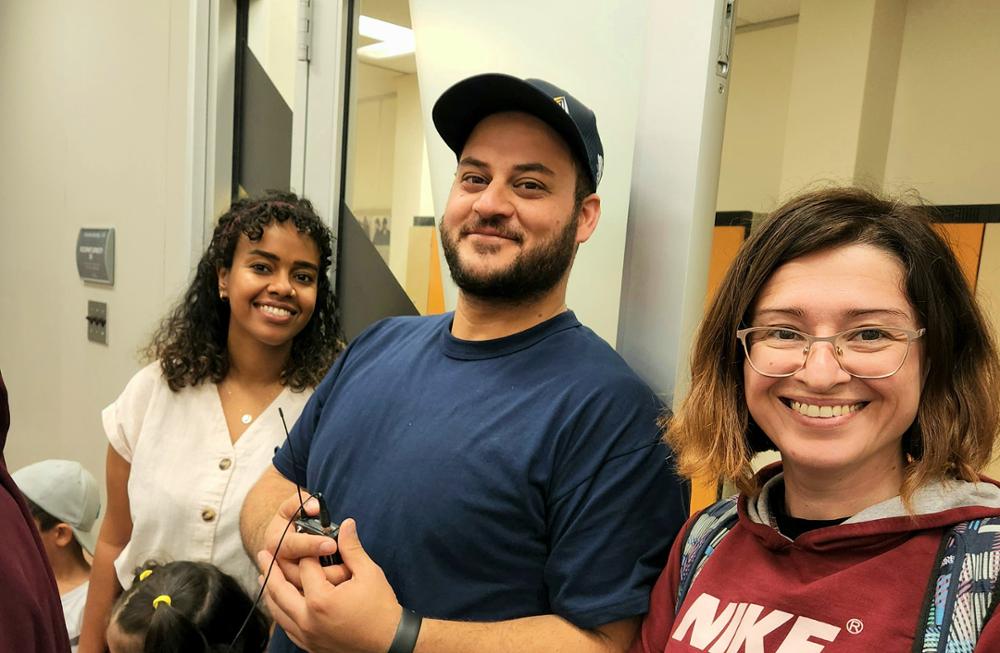
“In addition to the large number of volunteers who help us each year, I wish to acknowledge Immigration, Refugees and Citizenship Canada for providing us with funding to run the program for five years – so I am very pleased that we’ll be able to provide this program for another four more years,” said Sanchez. “As well, we are working on developing a new program to help the mothers and grandmothers of Prairie Beginnings participants address some of the unique challenges refugee women face in our community.”
Anyone interested in volunteering, or learning more about the program, can visit: Prairie Beginnings.
Banner image: Miguel Sanchez
Developing the University of Regina's Impact & Identity is part of our 2020-2025 Strategic Plan kahkiyaw kiwȃhkomȃkȃninawak – All Our Relations. We are committed to strengthening our reciprocal relationships and serving the social, cultural, economic, environmental, and technological needs of our communities.
